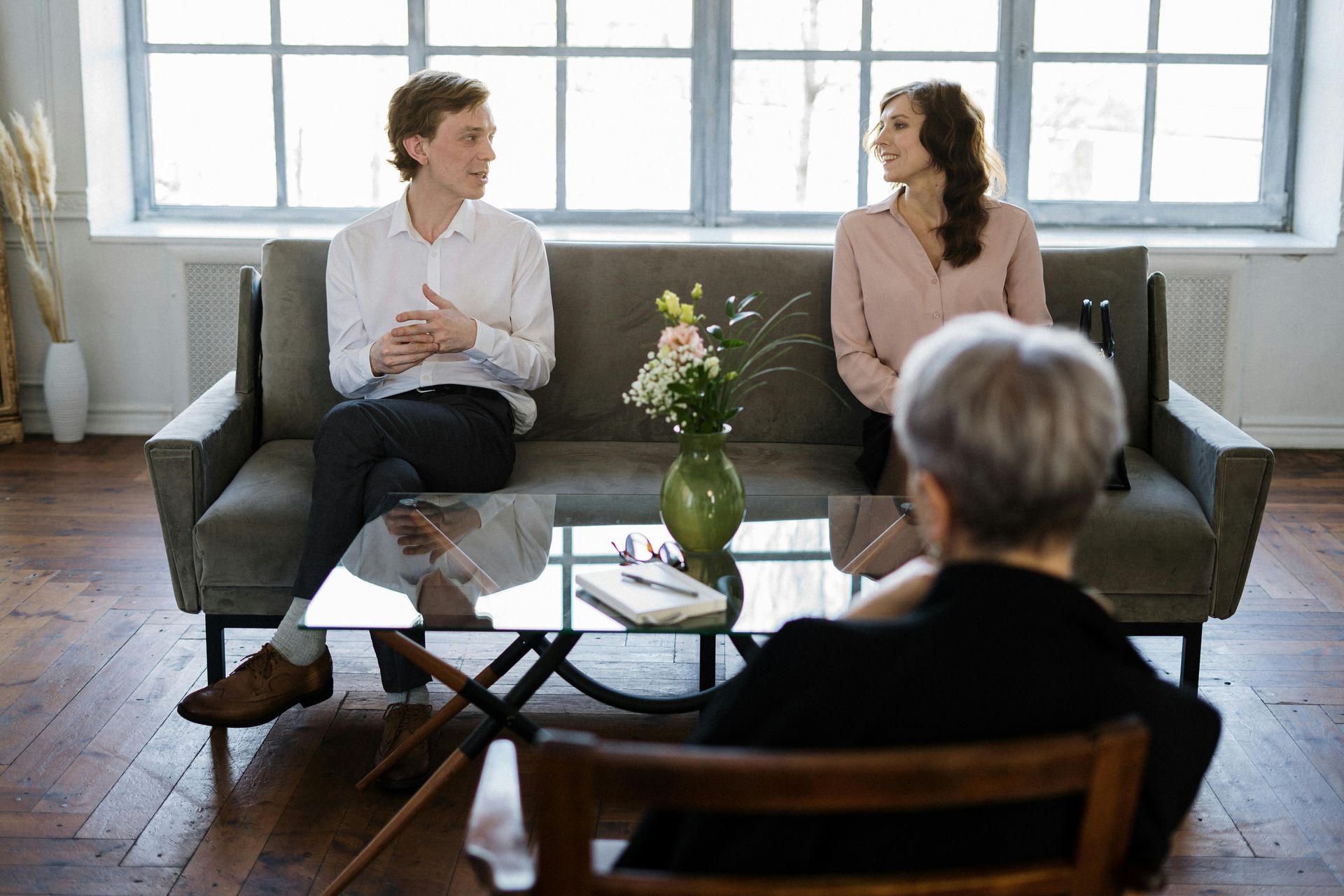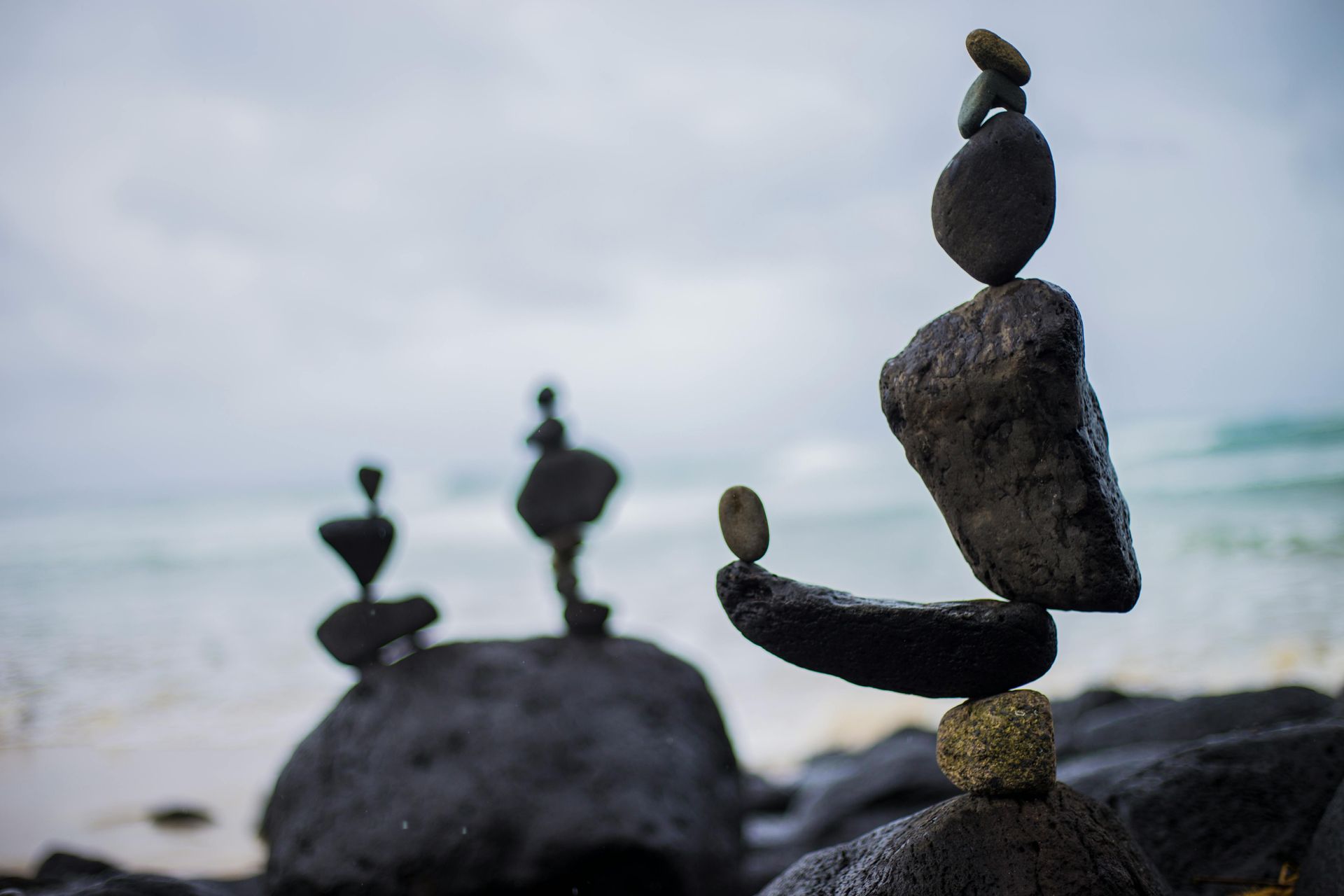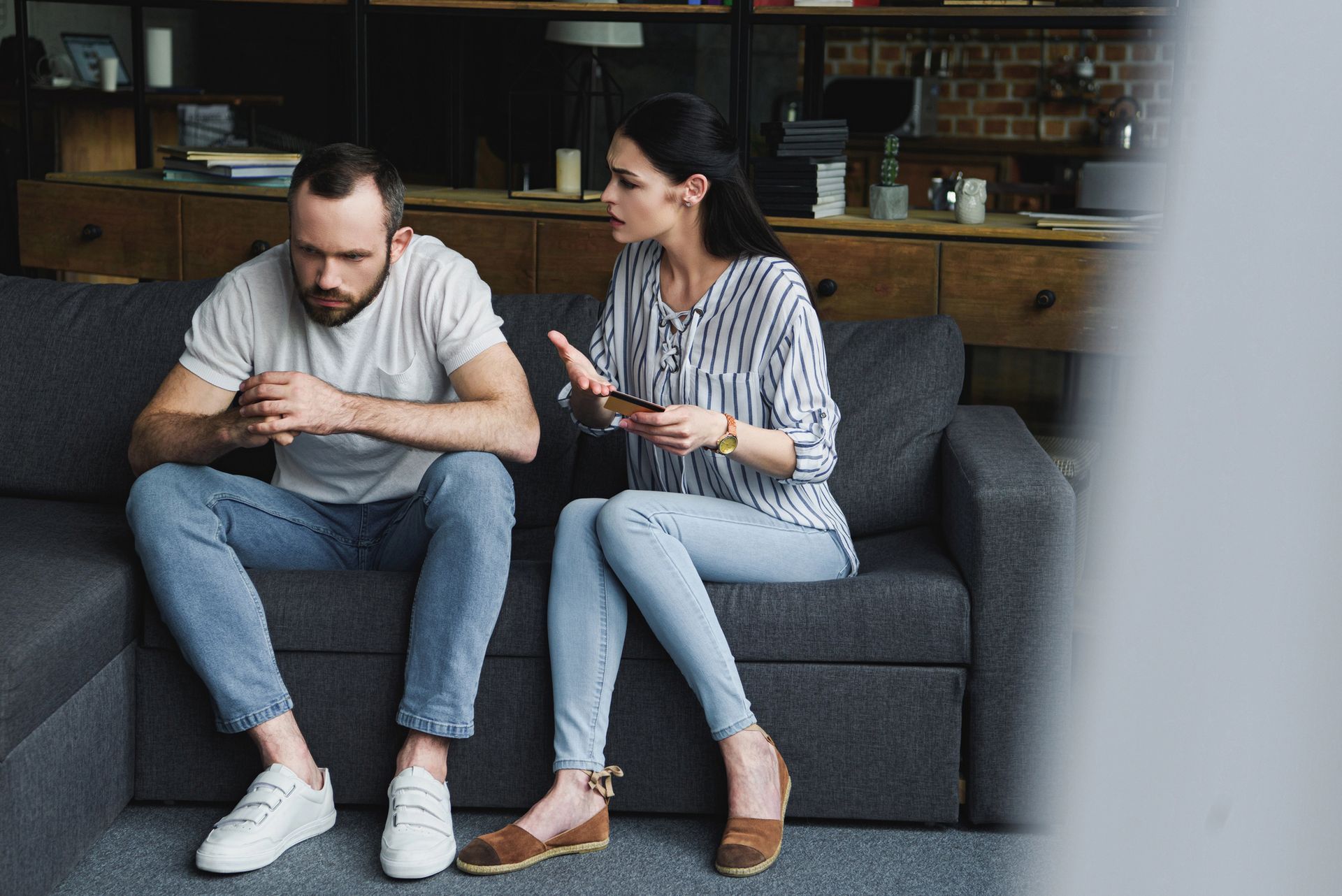Stop Trying to Fix Your Relationship, Try Growing Together Instead.
When couples come to therapy, a common wish is to “fix” the relationship—to stop the fights, change the difficult behaviours, and regain what once felt easy and loving. This is a natural and understandable hope. But there’s a deeper, more transformative way to think about improving relationships: focusing on growth rather than fixing.

What Does “Fixing” Look Like?
Fixing means wanting to solve or eliminate problems quickly. It often translates into:
- Trying to change your partner’s faults or habits.
- Expecting the relationship to go back to how it used to be.
- Seeking clear “solutions” to conflicts or pain.
- Feeling frustrated when things don’t improve fast.
While fixing can help with practical issues, it can also lead to frustration if it ignores the emotional and relational layers beneath the surface.
What Does “Growing” Mean?
Growing means viewing challenges as opportunities for both partners to develop individually and together. It includes:
- Learning more about yourself and your emotional patterns.
- Understanding your partner’s feelings and needs with curiosity.
- Building new ways of communicating and relating.
- Embracing vulnerability and imperfection.
- Accepting that the relationship will change, but in healthy, life-giving ways.
Growth invites couples to deepen trust and connection by exploring what their struggles reveal about fears, wounds, and unspoken desires.
Why Growth Matters in Therapy
Therapy is often the space where couples can shift from fixing to growing. Here’s why:
- Growth creates lasting change. Quick fixes may mask problems; growth helps transform how partners relate at the core.
- Growth builds empathy and compassion. Seeing each other’s parts and struggles invites kindness instead of blame.
- Growth increases safety and intimacy. When partners grow, they create a secure “emotional home,” even amid challenges.
- Growth supports individual healing. Each person’s work on their own parts ultimately benefits the relationship as a whole.
How Couples Can Practice Growth
- Notice the urge to fix and pause. Instead of rushing to correct, explore the feelings underneath frustration or anger.
- Use “I” statements to share your experience. For example, “I feel scared when...” instead of “You always...”
- Ask gentle questions. “What do you need from me right now?” or “Can you tell me more about how you’re feeling?”
- Be open to your own vulnerability. Admitting fears or mistakes doesn’t weaken the relationship— it can deepen connection.
- Commit to learning together. Growth is a process, not an overnight fix. Celebrate small steps and be patient.
Moving from fixing to growing doesn’t mean ignoring problems; it means shifting your focus from quick repairs to deeper understanding and healing. It means seeing your relationship as a living, evolving bond that calls on both partners to show up with care, curiosity, and courage.
In therapy, this growth mindset can help couples break old patterns, repair emotional injuries, and build a partnership that feels supportive and true—even in the hard moments.
Register for our Newsletter and receive a Free Love Chat Package
- The 5 Steps to a Better Relationship
- Ongoing Monthly Relationship Tips
- If you want more love in your life, our relationship Love Chat Package is an easy cost-free first step.

















